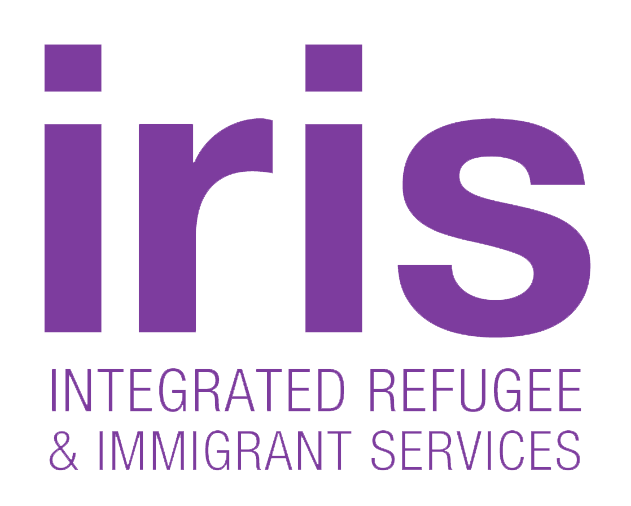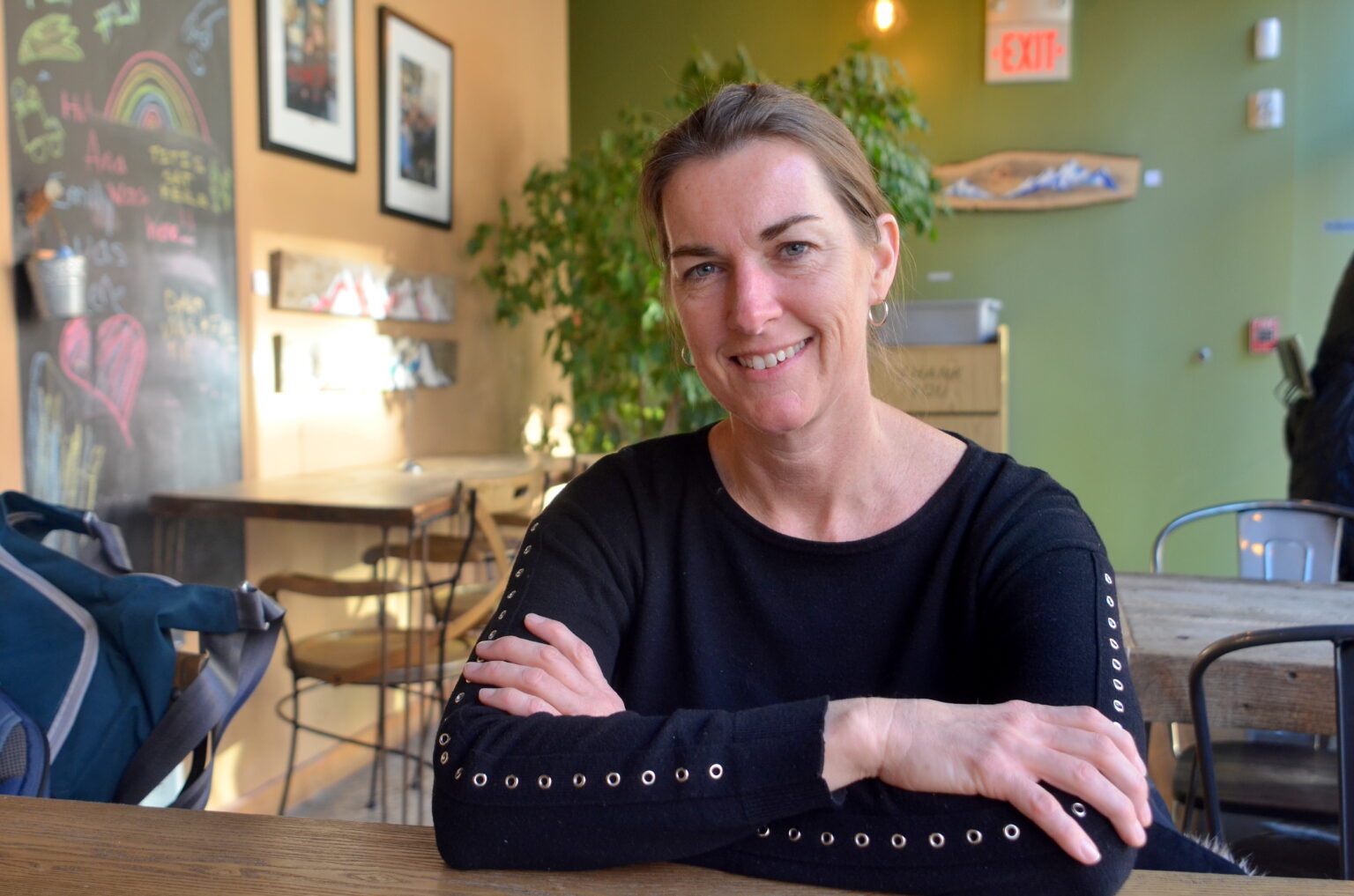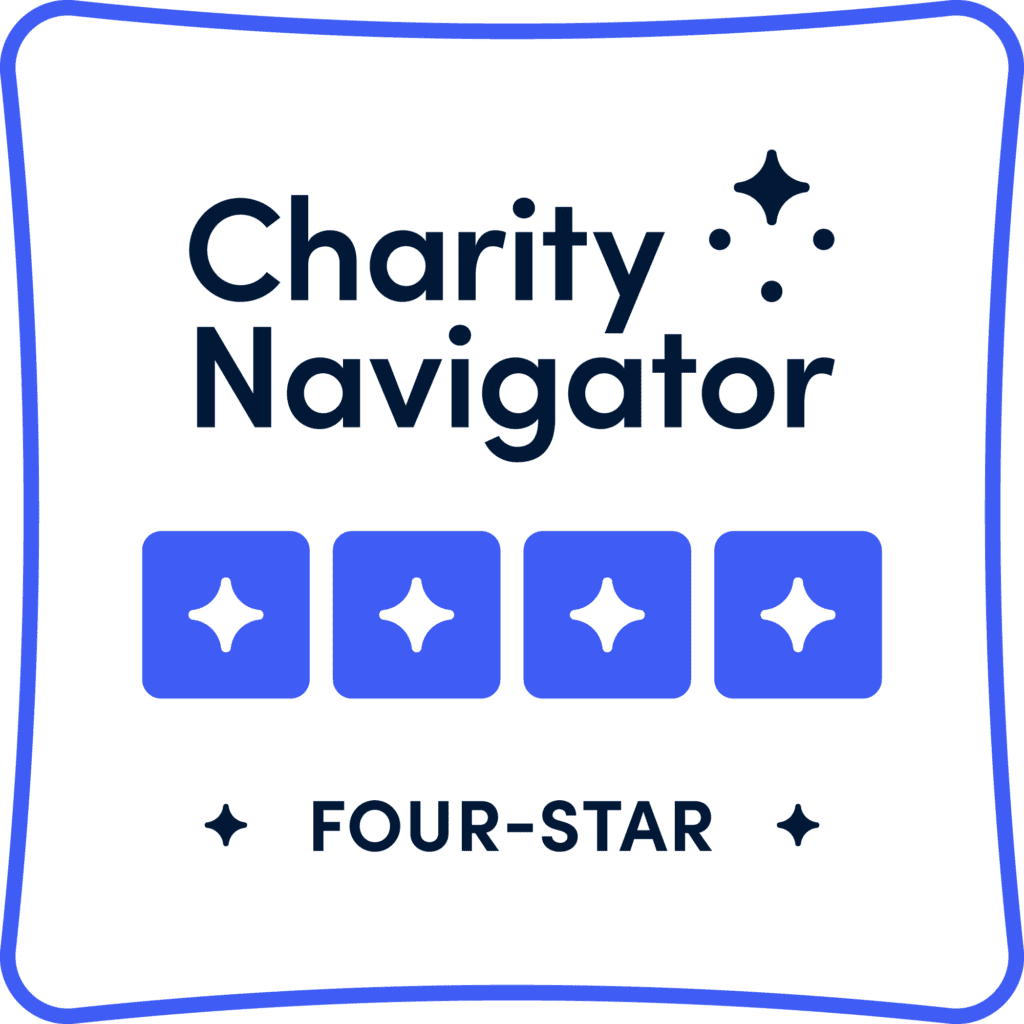Boxes, bikes, and then a friend. It widens your world view
March 2019 | Written by John Curtis
For Sandy Parkerson, perhaps her most rewarding experience as a volunteer for IRIS has come during her time as a cultural companion to a woman from Syria. “It’s basically being a friend that commits to spending regular time with a person and helping introduce them to some of the things that life in the United States can offer,” Parkerson said.
The woman and her family arrived last August from Syria, where she had lost a child in a bombing and her two surviving children were severely burned. “They have a lot of health problems because of that,” Parkerson said.
In their first meeting, the two stayed at the Syrian woman’s home and got to know each other. Their next meeting was an excursion to Yale’s Peabody Museum. “She was fascinated by the rocks and minerals,” Parkerson said.
Over time Parkerson watched her companion adapt to life in the United States and make great strides in learning English. “She is already cracking jokes and making puns.” Parkerson’s hoping her 8-year-old daughter and her Syrian friend’s 8-year-old daughter can become friends.
Parkerson began working as a volunteer with IRIS in December of 2015. Like many, she was moved by the burgeoning refugee crisis in Syria. Parkerson, her husband, and their four children had recently moved to Cheshire, Conn., after several years abroad. The family lived in Bolivia and Uganda, where her husband, who works for Innovations for Poverty Action, evaluated the effectiveness of poverty eradication programs. “I was settling in, figuring out what I wanted to do,” said Parkerson, a former high school physics and biology teacher. “A friend told me about the IRIS coat drive. I said, “What’s IRIS?’”
IRIS put her to work in housing and donations. Because the refugee crisis was constantly in the news, donations were arriving from around the country. “We would fill up rooms in IRIS in a day with donated goods, not just used pots and pans, but brand-new things from Amazon,” Parkerson recalled. “Every time we walked in the door, there would be piles of boxes to be opened and categorized, and thank you notes to be sent.”
Those donations were put to use when families arrived—between four and five families every week—and homes had to be made ready. “We would pull things off the shelves, load them in the truck, and set up the apartment. It was physically hard work, but it was fun. It was gratifying to get to know the refugees.”
Her next project at IRIS was running a bicycle donation program that has given away about 180 bikes since 2016. Donated bikes go to the Bradley Street Bicycle Co-op, which partners with IRIS and other organizations to recycle them. Parkerson also organizes a course in bike safety.
“It started out with a lot of adults wanting bikes,” she said. “A lot of them work odd hours and it’s a free means of transportation.”
Parkerson has also been supporting IRIS’s “CORE” (Cultural Orientation & Refugee Education) program, a required course for newly arriving refugees that covers health, education, driving, domestic violence, work, and other issues. She offers rides to participants, pitches in if lunch needs to be delivered, or helps with child care. (On top of all her volunteer work, she’s taking courses at Gateway Community College so she can go to nursing school.)
“I just find it rewarding to come in contact with people of different cultures,” Parkerson said. “I find it rewarding to feel like I am helping someone, even though they are helping me even more by giving me the experience of knowing them. You put yourself in someone else’s shoes and your eyes are opened to other people’s experiences. It widens your world view.”



